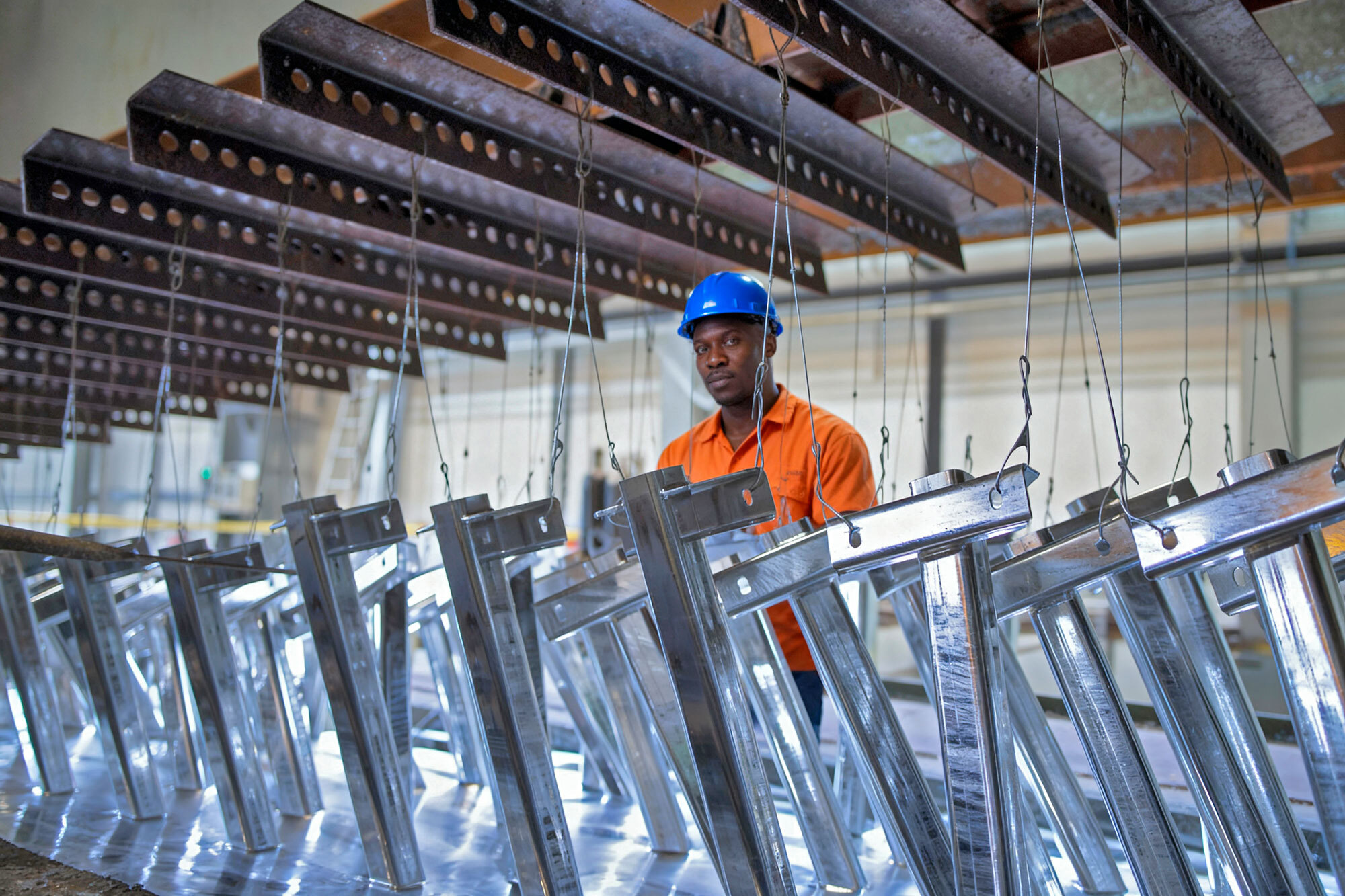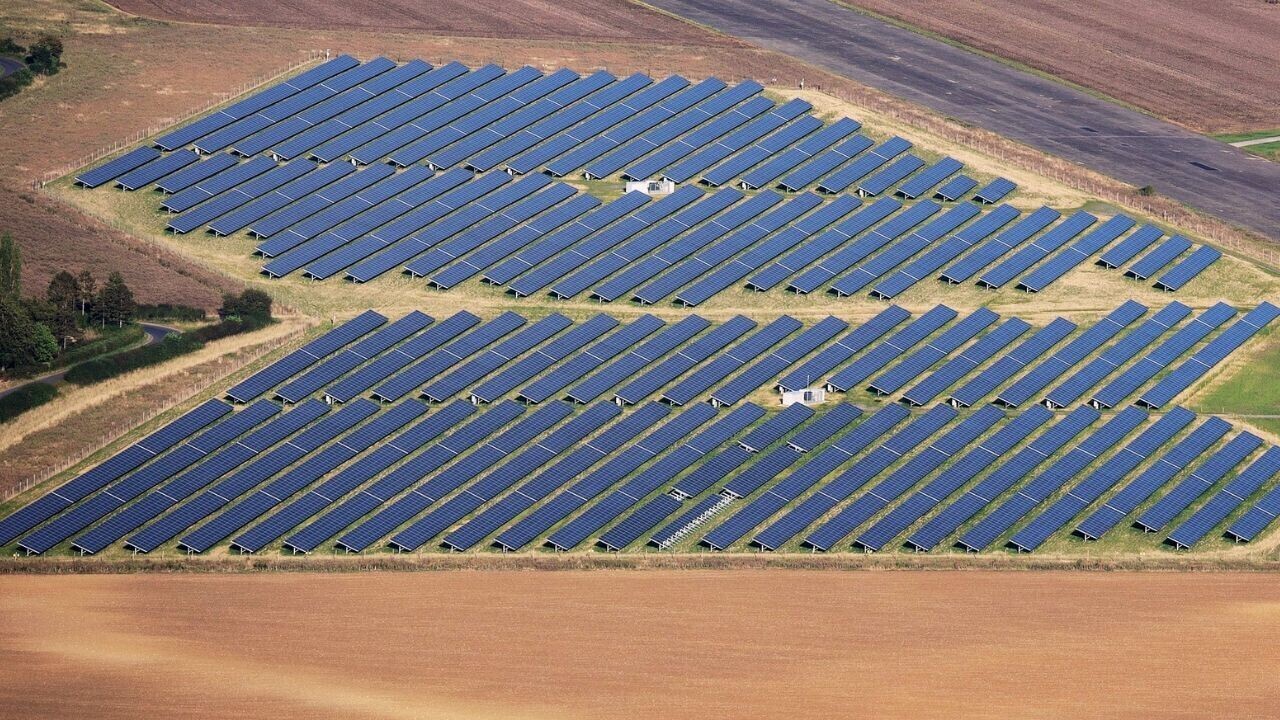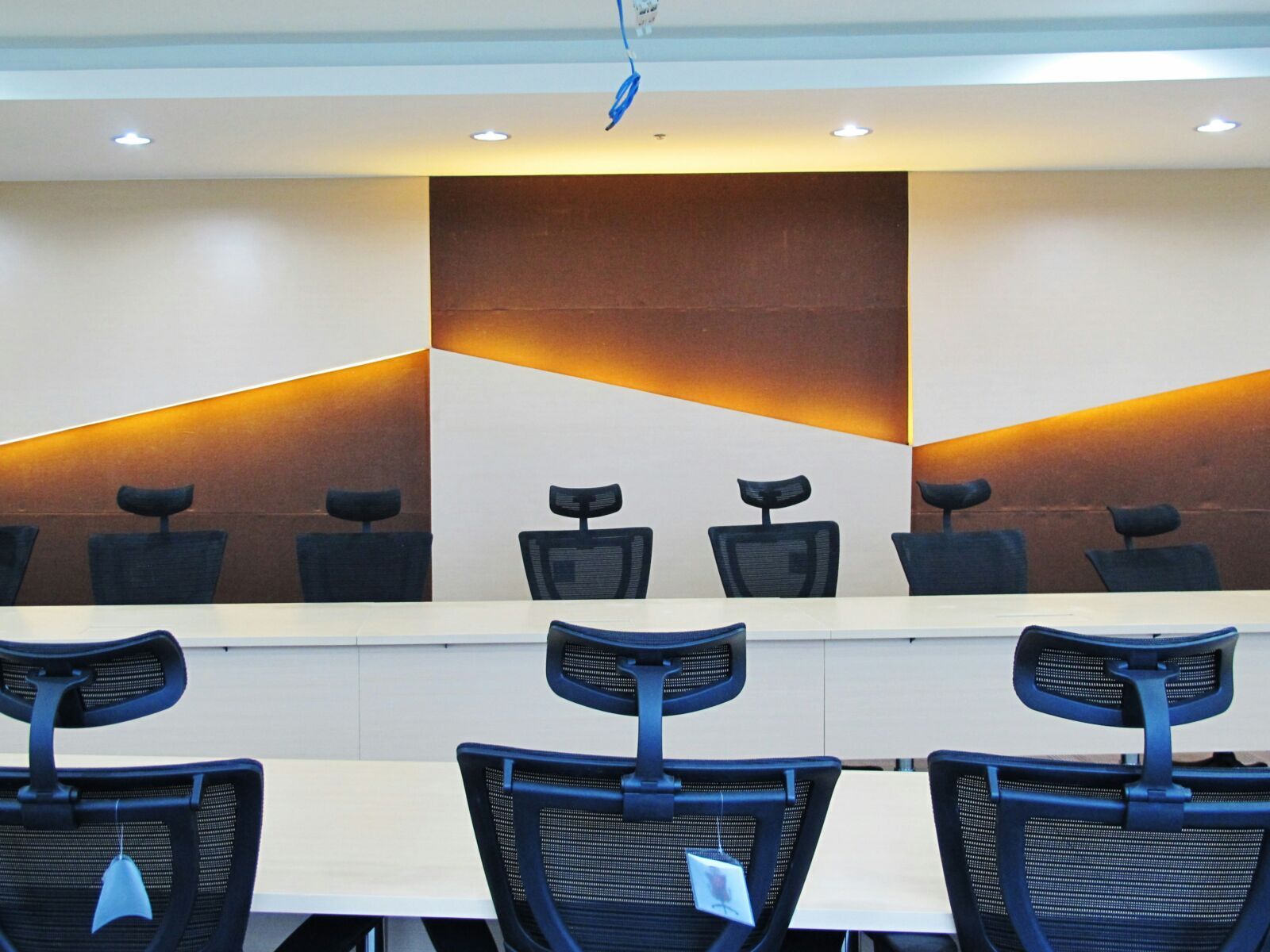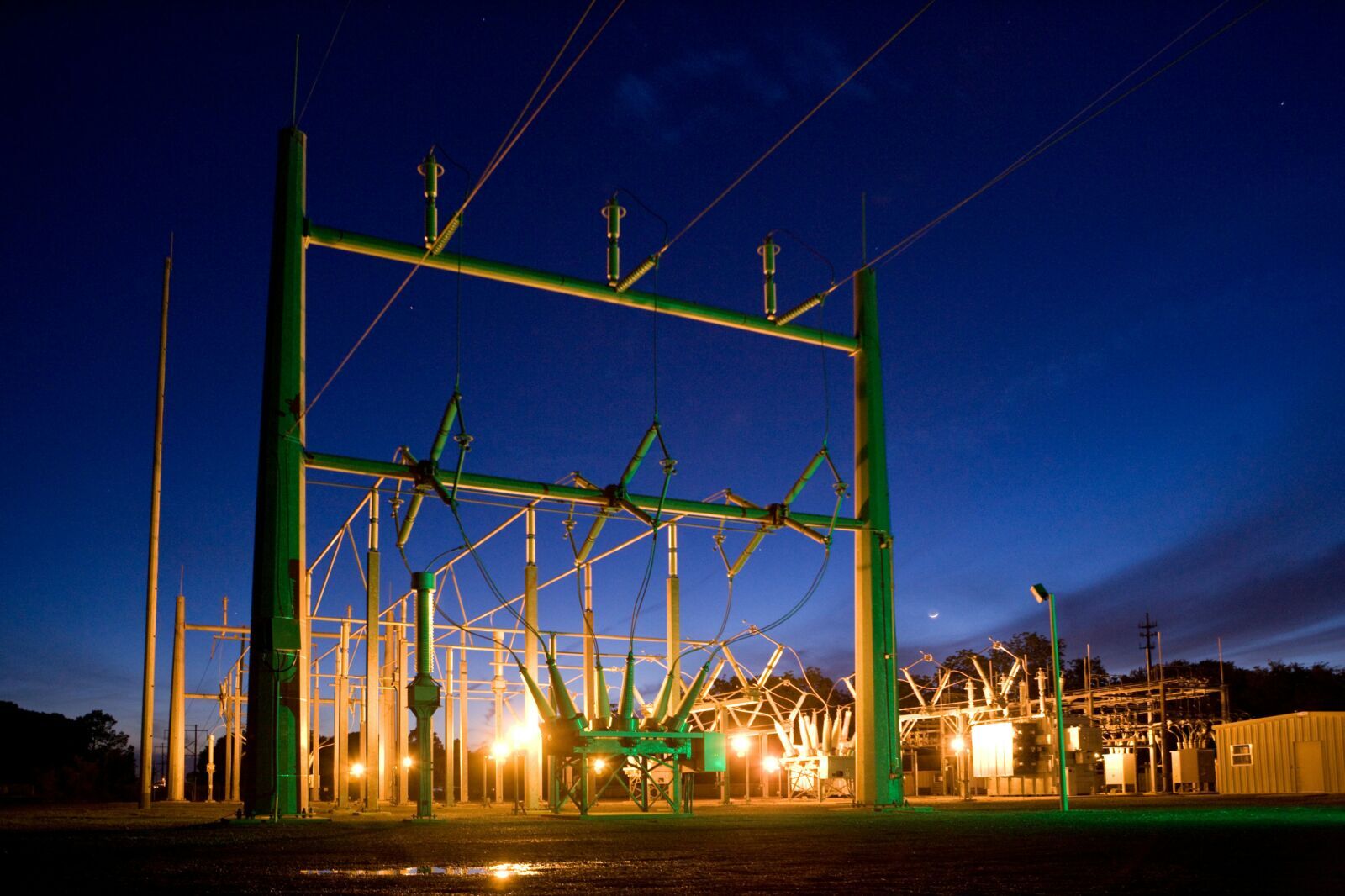Nigeria's aluminium sector is transforming through circular innovation and ESG best practices. Terra Aqua, propped by Manufacturing Africa, is driving measurable progress in recycling, financing, and inclusive employment that redefines industry sustainability.
Nigeria's Circular Aluminium Revolution: A New Industrial Narrative
A surge in global aluminium demand, fueled by urbanisation and mobility trends, is making recycling a necessity in Nigeria.
Terra Aqua stands out as the nation's largest recycler, processing 8,800 tonnes of scrap monthly in Ogun State. By sourcing and reprocessing material locally, the company is cutting landfill and transport emissions while empowering grassroots aggregators.
Decoding the Circular Economy: Metrics and Market Impact
The need for sustainability is critical: "Globally, recycled aluminium now makes up 33% of production and uses only 5% of the energy required for primary aluminium."
Nigeria's opportunity is vast. "While China dominates global consumption (57%), Terra Aqua's scale is proving circularity is achievable where energy constraints and waste loom large."
Circular Aluminium Metrics and Impact
| Factor/Metric | Local Impact (Nigeria) | Global Benchmark | Sustainability Levers |
| Scrap Inputs Processed | 8,800 tonnes/month | n/a | Waste minimization, resource looping |
| Workforce | 100 part-time, 30% women | n/a | Inclusive job creation |
| Circular Share | n/a | 33% of global output | Energy/carbon savings |
| Energy Use | n/a | 5% vs. primary | Climate benefit, lower costs |
| Capital Raised | $7.5 million debt | n/a | ESG-linked finance, growth capacity |
| Strategic Grant | $5 million (applied) | n/a | Power greening, transition acceleration |
ESG Strategy: Unlocking Investment and Greening Operations
Manufacturing Africa (MA), funded by the UK's FCDO, provided Terra Aqua with a bespoke ESG roadmap and operational upgrade plan. Risk analysis, transparent targets, and reporting aligned with global standards gave investors confidence and paved the way for high-impact partnerships. Environmental and Social Management Systems were put in place to monitor pollution, emissions, and community impacts.
A grievance mechanism and improved Occupational Health & Safety (OHS) policies were implemented, while digitised inventory helped manage supply chain risk and scalability. "We built stakeholder trust and strengthened Terra Aqua's investment readiness for long-term partners," notes the case study.
From Strategy to Scale: Financing the Circular Transition
With MA's framework, Terra Aqua secured $7.5 million in debt from TLG Capital. This capital goes beyond keeping operations afloat; it is actively directed at transitioning to greener energy and scaling capacity. TLG Capital has applied for a $5 million grant to further support Terra Aqua's power shift and sustainability journey.
MA's supply chain mapping also positioned Terra Aqua to weather shocks and meet shifting regulations—tools vital for the future of circular manufacturing in emerging markets. Local value chains were reinforced, reducing reliance on foreign inputs while boosting domestic jobs.
Path Forward — Blueprint for Sustainable Industrial Growth
Terra Aqua's experience showcases how circular economy principles and ESG mastery turn sustainability goals into investment opportunities and operational resilience.
Steps to a Profitable Circular Aluminium Enterprise
| Step/Title | Core Actions/Outcome | Partners |
| Scrap Collection & Local Sourcing | Waste reduction, community income | Local aggregators |
| ESG Framework Adoption | Risk audit, global-standard reporting | Manufacturing Africa |
| Facility Upgrade & Skills Development | OHS, tech skills, gender equity | TLG Capital, MA |
| Greening Energy & Digitalisation | Carbon reduction, energy savings | TLG Capital (grant) |
| Export & Operational Resilience | New markets, supply chain stability | Asian metals traders, UK FCDO |
Nigeria's circular aluminium sector is fast becoming Africa's model for sustainable industrial growth, with Terra Aqua at the forefront. Through robust ESG frameworks, smart operational reforms, and targeted finance, recyclers are advancing both climate protection and community prosperity.
By placing circularity and inclusion at the centre, Nigeria shows that profitability and sustainability are natural partners, driving a desired continent-wide green transformation.
Culled from: https://blog.alcircle.com













